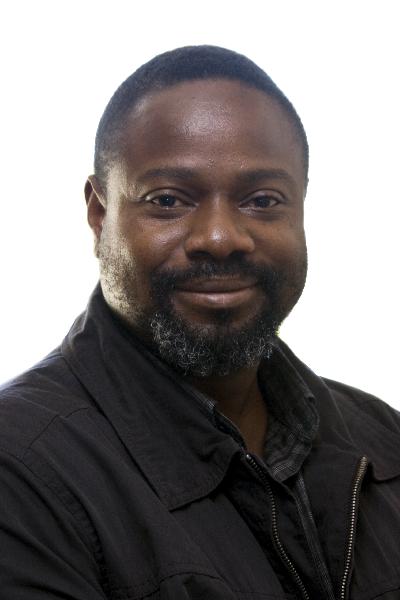
A partnership between UNESCO and the Rhodes University School of Journalism and Media Studies will put the spotlight on strengthening African journalism education in September 2009. The joint activities planned over a week-long period are:
- A special training programme to empower African journalism teachers in using New Media, to be run by Rhodes expert lecturer Jude Mathurine.
- The participants will also join a research colloquium as part of the African preparations for the World Journalism Education Congress set down for Rhodes University in July 2010.
These initiatives build on research into African journalism education commissioned by UNESCO in 2007. At the time, the study identified 12 African journalism schools with potential to become centres of excellence, and nine with potential to be centres of reference.
In follow-up activity since then, leaders from the 19 schools met in Grahamstown in March 2008, and again in Windhoek 2009. The emerging network has now identified that a priority in achieving their potential is in raising skill levels around Internet and cellphone journalism.
Rhodes’ Mathurine has selected ten candidates for the course, and surveyed their levels of capability and access, in preparation for the coming course. During the hands-on training they will get, the candidates will also be exposed to disruptive concepts and technologies - such as User-generated-content, Cloudware and the Semantic Web.
According to Mathurine: “The workshop aims to spotlight the role and place of new media pedagogy in African J-School curricula, and discuss tools and thinking strategies that educators and learners need to advance African journalism in the age of digital convergence.”
The aim is to get African J-Schools to mobilise capacity and harness opportunities before digital media consumption and economics disrupts African legacy media structures and processes.
“We are hoping African JMC-educators can take a realistic look at local convergence trajectories and consider curricula and pedagogical responses that learn from experience in the developing and developed world to better cope with the challenges,” says Mathurine.
The research colloquium that the participants will also attend is part of a “prepcom” for the World Journalism Education Congress to be held in Africa in 2010. The bid to host this event in Africa was supported by UNESCO, and follows the first congress in Singapore, 2007, which again was convened with UNESCO support.
Following the launch of UNESCO’s Model Curriculum for Journalism Education in Singapore, African journalism educators are now planning for a model syllabus on “Reporting Africa” to present to the 2010 congress.
This topic will be part of the discussions at the colloquium, where a total of 35 research papers on African journalism education will also be delivered in four parallel sessions. The event is convened by Prof Fackson Banda, who is UNESCO Chair of Media and Democracy at Rhodes University, and whose position is sponsored by SAB.
The 2010 World Journalism Education Congress will be held at Rhodes University, parallel to that year’s 2010 Highway Africa conference, from 5 – 7 July.
UNESCO’s support for efforts to boost journalism education in Africa this September have encouraged support from other parties for the events, such as the Open Society Institute of West Africa, the Open Society Network Media Programme, Open Society Foundation, and Telkom.
For more information, visit:
www.highwayafrica.com; www.ru.ac.za/jms/projects/wjec;
or contact: Sibusiso Mtshali, S.Mtshali@ru.ac.za

